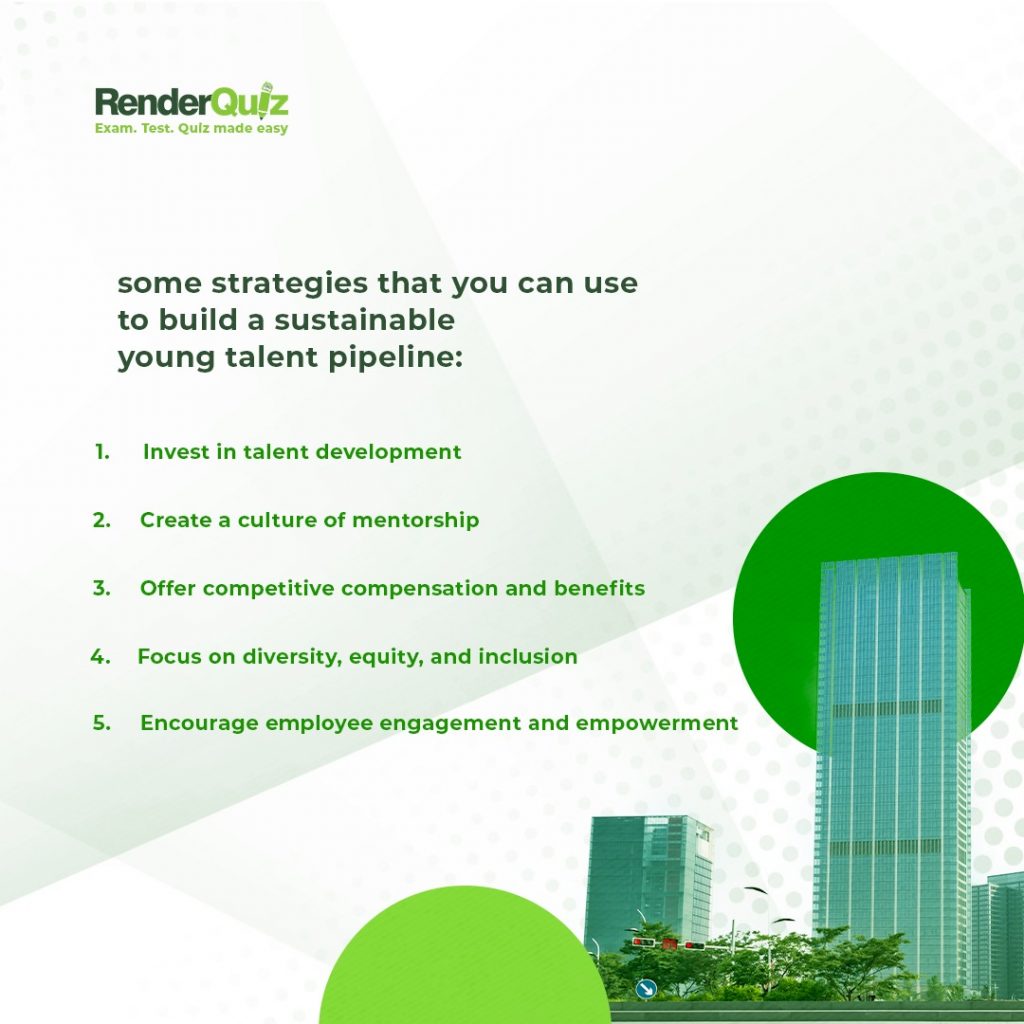In today’s highly competitive and fast-changing business environment, organizations worldwide need a dynamic and sustainable capability to outperform their competitors. Organizations must continuously improve and innovate their products, services, and processes to achieve this.
Also, they can implement effective strategies such as lean management, total quality management, and Six Sigma. In addition, organizations must also be able to quickly adapt to changes in the market and customer needs by being agile and flexible. Building a solid and dedicated team, fostering a culture of innovation and learning, and utilizing the latest technology is crucial to achieving a sustainable competitive advantage.
The business world is constantly changing and unpredictable, with many factors influencing decisions and outcomes. It is also complex, with multiple stakeholders and interconnected systems, and ambiguous, with numerous possible interpretations of events and information.
These characteristics make it challenging to navigate and succeed in the business world. Thus, organizations must have a well-planned approach to executing their business strategy to navigate the volatile, uncertain, complex, and ambiguous business environment. This includes identifying potential challenges and risks and proactively developing the resources and capabilities needed to address them.
This can consist of building a solid team, developing partnerships and alliances, investing in technology and infrastructure, and having a flexible and adaptive approach to decision-making. Also, there’s a need for continual monitoring of the environment and adapting strategy as needed to stay aligned with the ever-changing business landscape.
The people factor is critical to an organization’s success as it is hard to replicate. The right people with contemporary competencies provide a competitive edge to the organization. Organizations face new challenges such as aging, retaining top talent, and managing the young workforce.
Employment and millennials
Millennials or Generation Y play a significant role in today’s business growth. They are the largest generation in the workforce and are known for their tech-savviness, entrepreneurial spirit, and desire for work-life balance. Many millennials are starting their businesses or joining start-ups, driving innovation and growth in various industries. They are also known for their social and environmental consciousness, leading to an increase in sustainable and socially responsible business practices.
Additionally, they are driving the shift towards remote work and digital transformation in many organizations. Overall, millennials are making a significant impact on the way businesses operate and grow in today’s economy.
Gen Y has a good understanding of current communication technology and is plugged in 24/7. They communicate through e-mail and text messaging rather than face-to-face contact or webinars to traditional lecture-based presentations. Organizations should use such skills for business advantage.
They are considered the largest generation in the workforce and are often criticized for being entitled and lacking employability skills. However, studies have shown that millennials are just as capable and hardworking as previous generations. Factors such as the economic recession and student loan debt have made it difficult for millennials to find stable employment, leading to the perception that they need to be more employable.
The fact that every person is unique and different must be emphasized and should not be stereotyped based on their generation.
Building a sustainable young talent pipeline is essential for business growth as it helps organizations attract and retain top talent, increase productivity and innovation, and improve overall organizational performance.
Companies are increasingly looking at the vast, diverse millennial population (Gen Y) to fulfill these requirements. They must create frontline leaders who collaborate, act decisively, seize opportunities, and quickly respond to changes. Creating and sustaining a great workplace is no longer a choice but an imperative for success.
Gen Y and millennials are looking for an enjoyable, enabling, and fun work environment with clear responsibilities and accountabilities. Organizations should keep the preferences of this generation in mind for the right fit and retention. Give them space and trust to use their creativity at work.
Here are some strategies that you can use to build a sustainable young talent pipeline:
1. Invest in talent development: Provide training and development programs for young employees to assist them in gaining the abilities and information required to succeed in their roles. The programs can also help bridge the gap between Gen Y’s expectations and the organization’s needs.
2. Create a culture of mentorship: Establish mentorship programs that pair experienced employees with young talent, providing them with guidance and support as they navigate their careers. Mentors can offer advice on professional development, help with networking, and provide feedback on their performance. This can help Gen Y employees feel more valued and supported in their roles, leading to increased job satisfaction and engagement.
Additionally, a culture of mentorship can foster a sense of community within an organization, which helps reduce turnover among Gen Y employees.
3. Offer competitive compensation and benefits: Offering competitive compensation and benefit can attract and retain talented individuals and provide them with financial stability and security. Competitive compensation can include a competitive salary, bonuses, and benefits such as health insurance, retirement plans, and paid time off.
These types of benefits can attract and retain talented Gen Y employees by demonstrating that the organization values and is committed to the well-being of its employees. Also, it can improve job satisfaction and engagement among Gen Y employees, as they feel that their contributions are valued and are being compensated fairly for their work.
4. Focus on diversity, equity, and inclusion: Create an inclusive culture and actively recruit diverse candidates to ensure that their workforce represents the communities they serve.
For Gen Y employees, a diverse and inclusive environment can provide opportunities for personal and professional growth. This can lead to increased job satisfaction, engagement, and retention. A diverse workplace can also lead to better decision-making, creativity, and innovation as different perspectives are brought to the table.
5. Encourage employee engagement and empowerment: Encourage employee engagement and empowerment by giving young talent autonomy and ownership of their work, fostering a sense of ownership and responsibility among them, and providing opportunities for growth and development. Engaged employees are more likely to be motivated, productive, and committed to achieving the organization’s goals.
6. Offer internships, co-op, and apprenticeship programs: It can provide young people with hands-on experience and assist them in developing the required skills for career success. Internships, co-op, and apprenticeship programs can offer Millennials valuable industry experience, networking opportunities, and skill development, preparing them for the workforce and increasing their chances of success in their future careers.
As you recruit Gen Y and millennials, keep in mind that this generation values flexibility, work-life balance, and opportunities for growth and development. They are also highly tech-savvy and expect access to the latest tools and technology in the workplace.
Also, they emphasize company culture and values and want to work for organizations that align with their personal beliefs and values. To attract and retain top talent from Gen Y, organizations should consider offering flexible work arrangements, providing opportunities for professional development, and creating a positive and inclusive company culture.
The largest generation working today is the millennials, whose employment and career aspirations have been the subject of much discussion. Many millennials prioritize job satisfaction and meaningful work over high pay and job security. Employers must adapt to this changing demographic to attract and retain top talent.
By implementing the above strategies, you can build a sustainable young talent pipeline that will help attract and retain top talent, increase productivity and innovation, and improve overall organizational performance.


